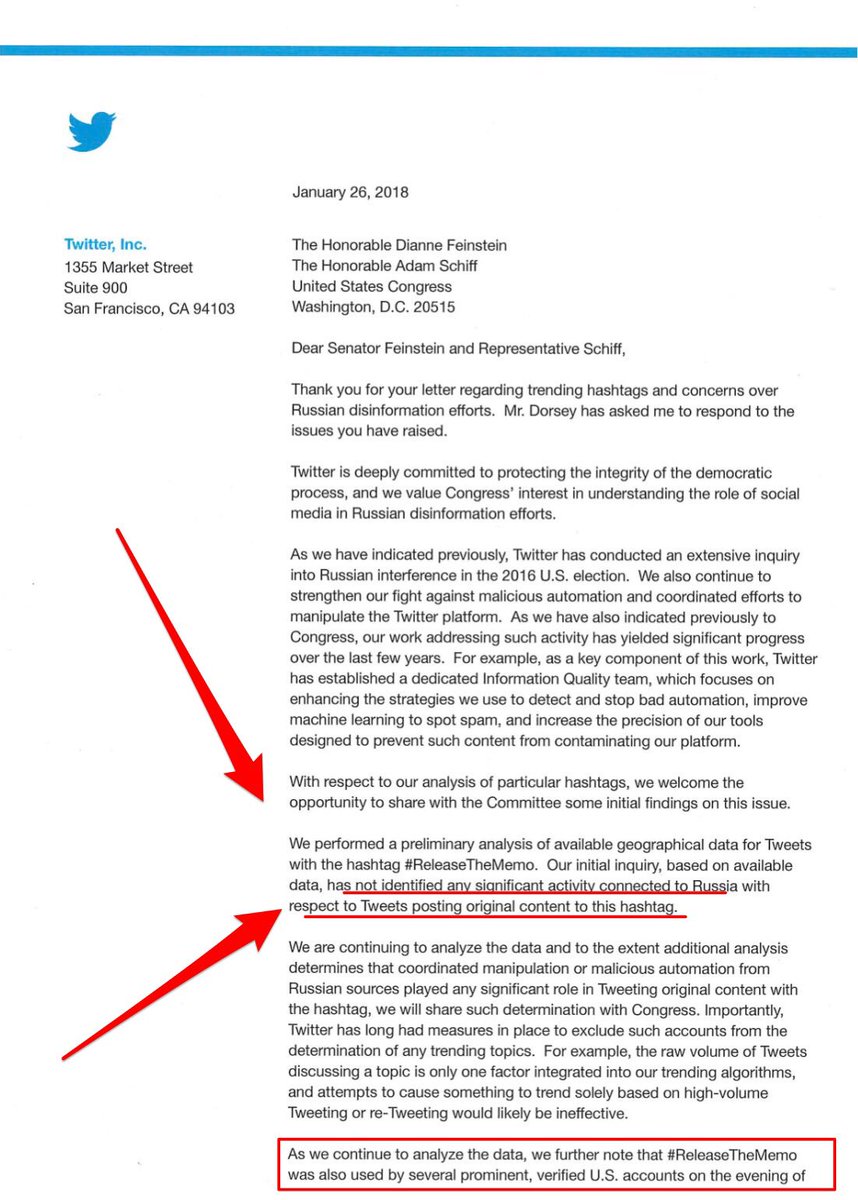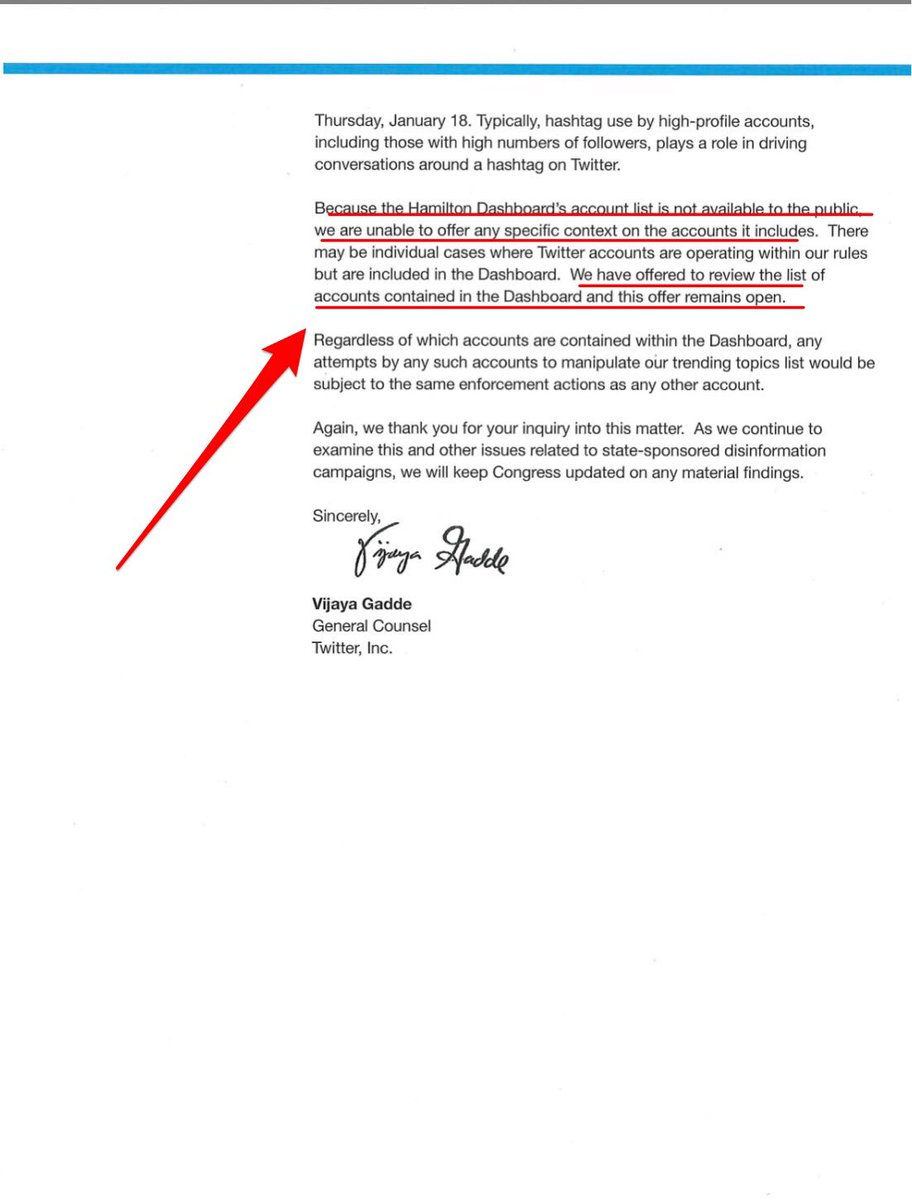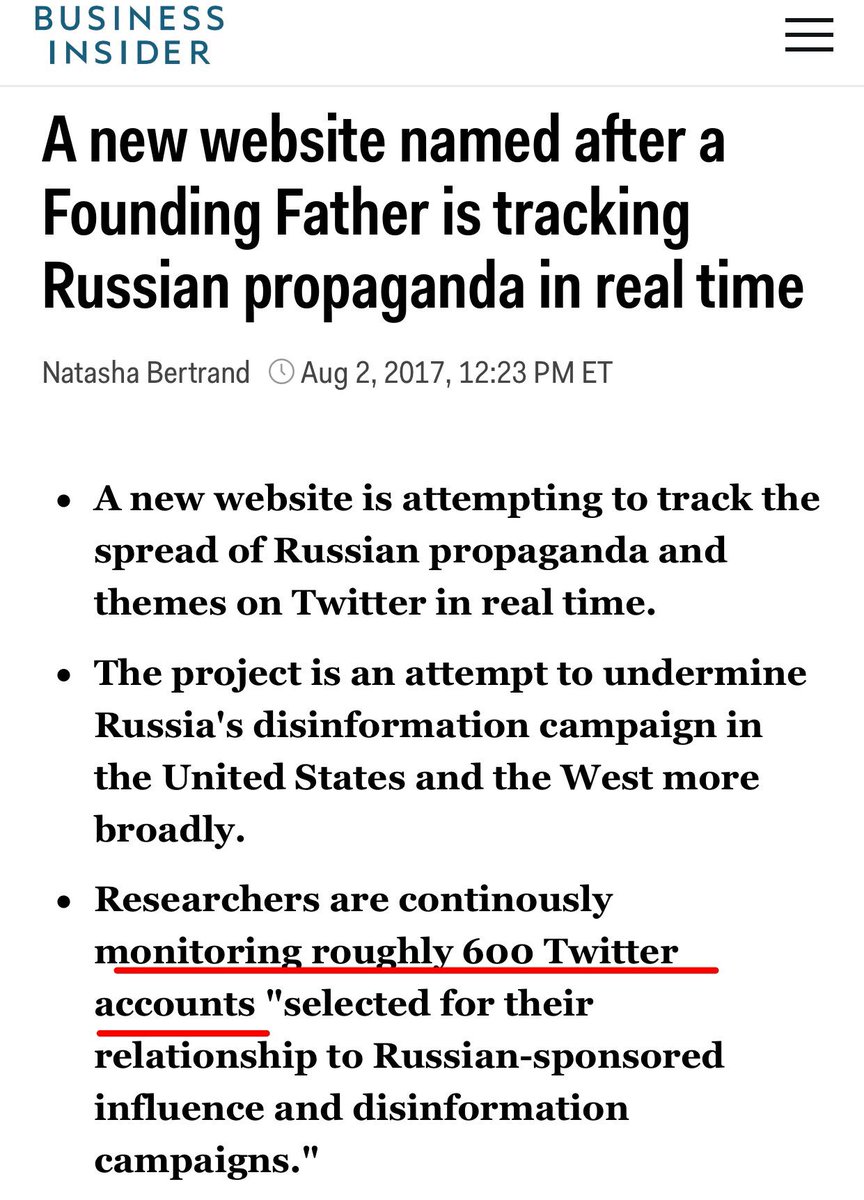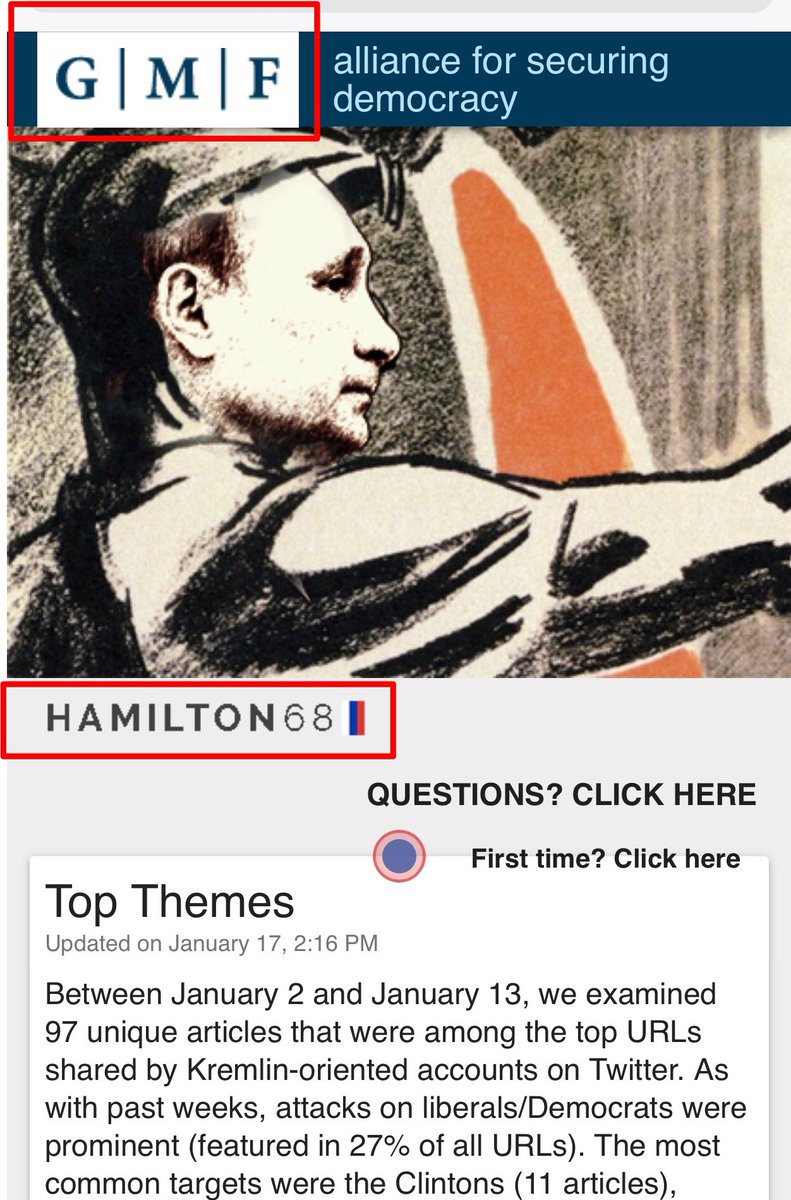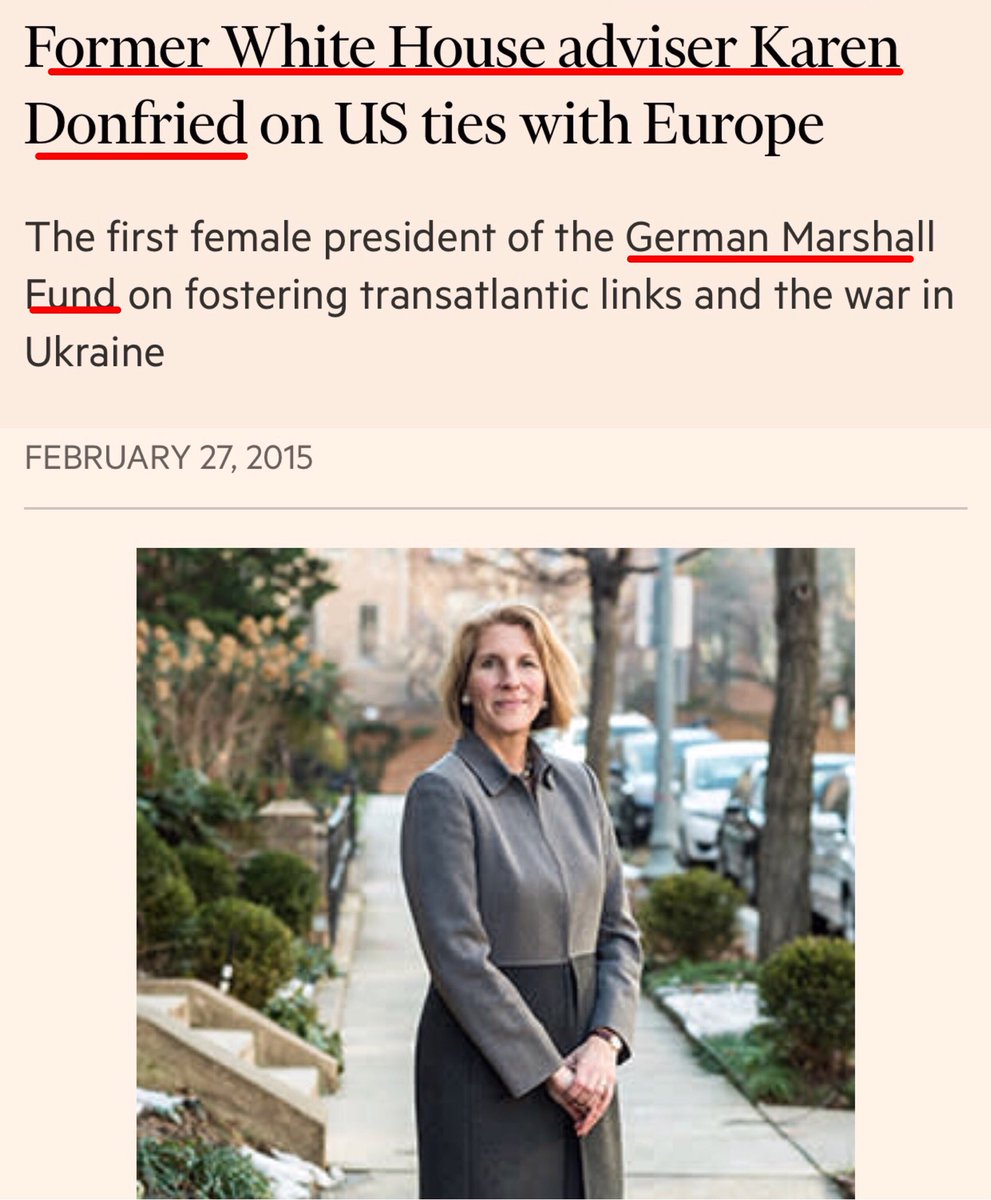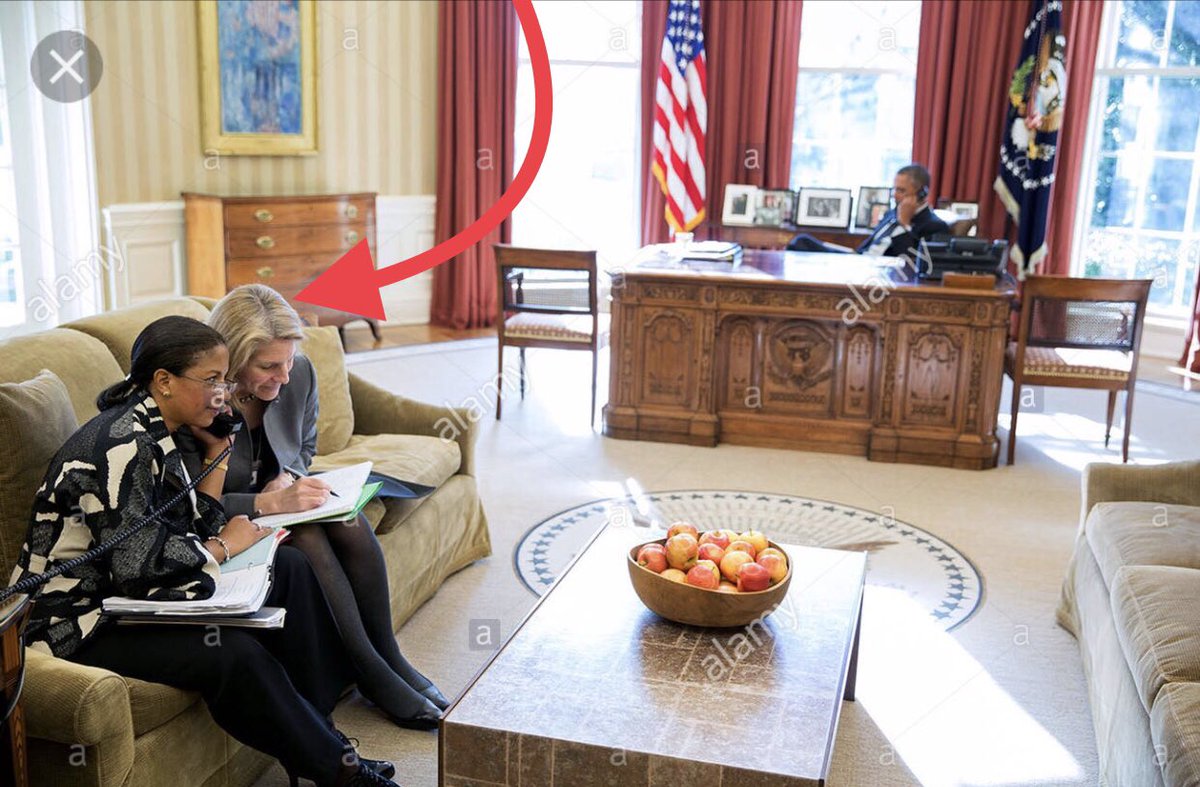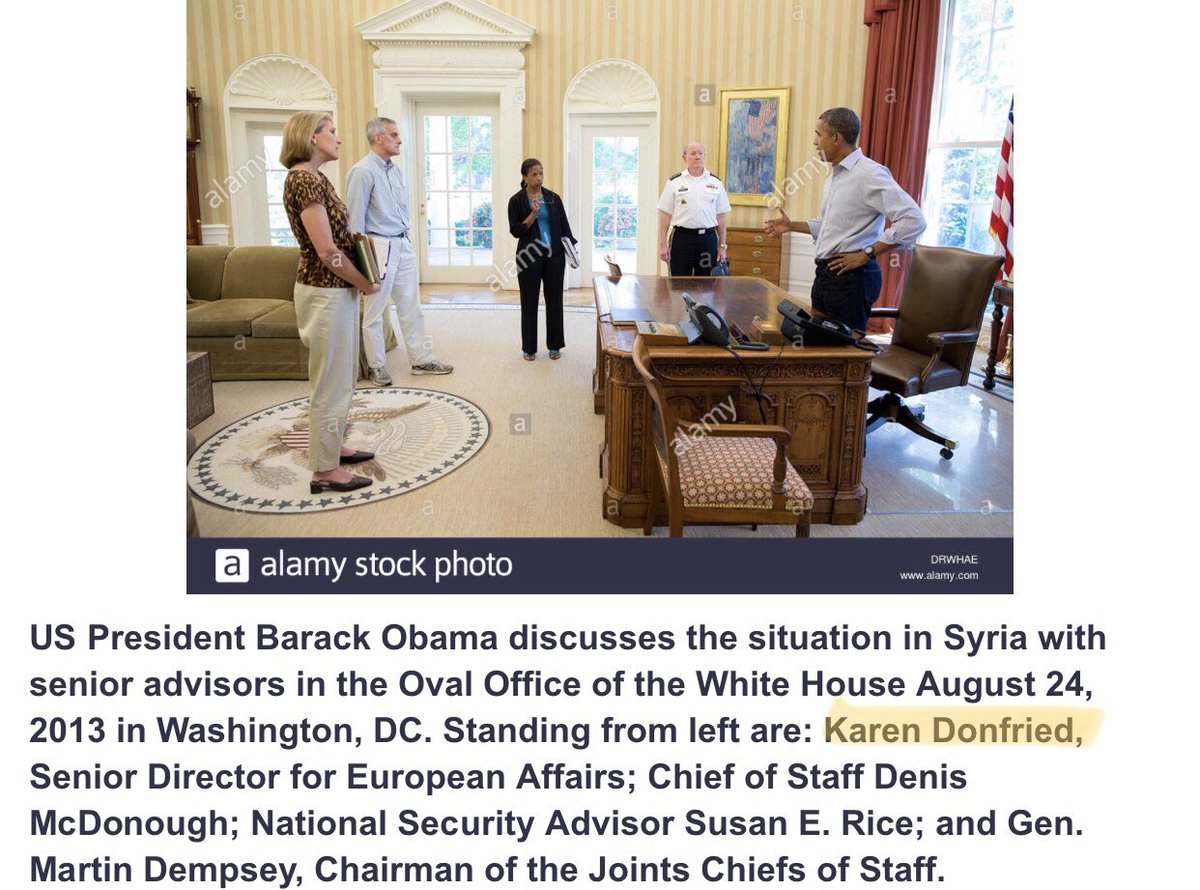if critique/close-reading/citing work is no longer just done by sanctioned scholars in academia, what does this mean for the scholar? [thread]
The internet moves fast, has better, broader distribution—scholarly journals do not.
What other modes of scholarship are possible beyond just critique?
what happens when said group already did that critique/thinking months/years ago? What happens when a model of scholarship becomes outdated?
If not keeping up with what activist-writers-thinkers are doing on social media, which many have been trained in the academia, doing a disservice to yourself.



